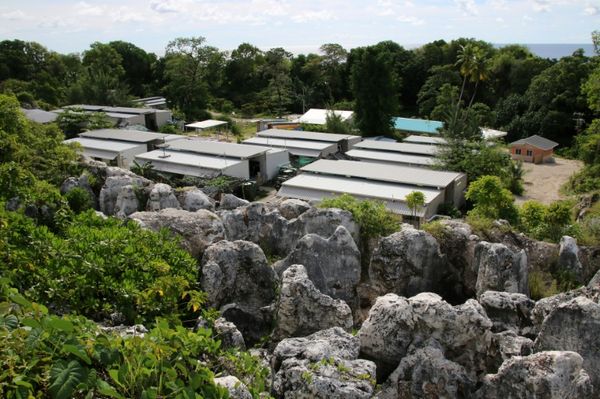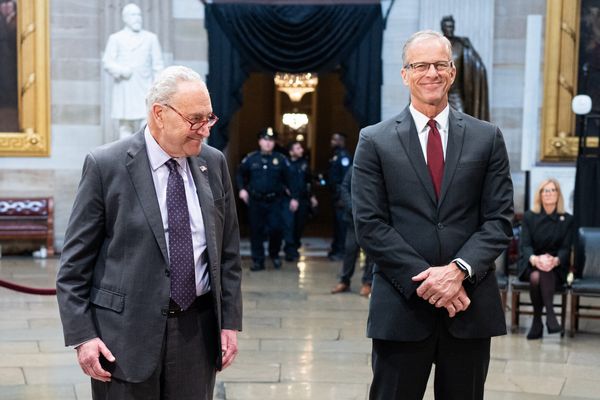If there wasn't so much on the line, you might think that Americans talking so often about being in a recession had become a sort of loopy parlor game for the policymaking in-crowd.
From top regulators in Europe — who say they definitely, certainly will be in a deep recession soon — to America's more sanguine market watchers and Federal Reserve, it seems you can find someone to argue either side just as eloquently pretty much anywhere.
But that doesn't change reality, experts told TheStreet this week.
And the reality is that the term "recession" has very clear cut parameters for a definition, and by those parameters, the U.S. has been in a recession for a bit now — and may sink deeper into one this fall.
What Makes a Recession?
Thomas Samuelson, chief investment officer at Vineyard Global Advisors, said that by all traditional measurements, a recession is at least somewhat upon us.
"There has been a lot of speculation lately regarding whether the U.S. is currently in a recession or heading into one," he told TheStreet. "Based on the conventional definition of a recession being two consecutive quarters of negative GDP growth, we are currently in a recession."
That doesn't mean that the market can't redefine what a recession looks like, especially when it hits conditions that are largely unprecedented — like a two-year-plus pandemic, record low unemployment and 40-year high inflation.
"Some are claiming this time is different, pointing to the strong labor market and rising wages as evidence that we are not in a recession," Samuelson said.
In order to dodge a recession and all the policymaking and safeguards and investor anxiety that comes with them, the market and its regulators must pay close attention to certain benchmarks.
"If we avoid a recession, the average bear market decline is 25% over a 7-month period, which we hit at the June 17th low of this year," Samuelson said. "Markets typically go through a bottoming process which includes a re-test of the lows. If we are going to go back and retest the June lows, that is a 14% decline from today's close."
Mayra Rodriguez Valladares, managing partner at MRV Associates, a financial consulting and that provides training and research, agreed and said that the horizon may darken as America heads into an uncertain autumn.
"From a production point, we are already in a mild recession in the U.S. However, the labor market remains very tight," Valladares, who specializes in bank and capital markets risk, told TheStreet.
Samuelson said that while "the jury is still out on whether we will have a recession," the National Bureau of Economic Research (NBER) has always declared one after two consecutive quarters of negative GDP growth.
"It's also possible the recession is milder than average given the strong labor market and Fed’s apparent willingness to only let the unemployment rate increase to the low 4.0%’s vs. 3.5% currently," he said.







